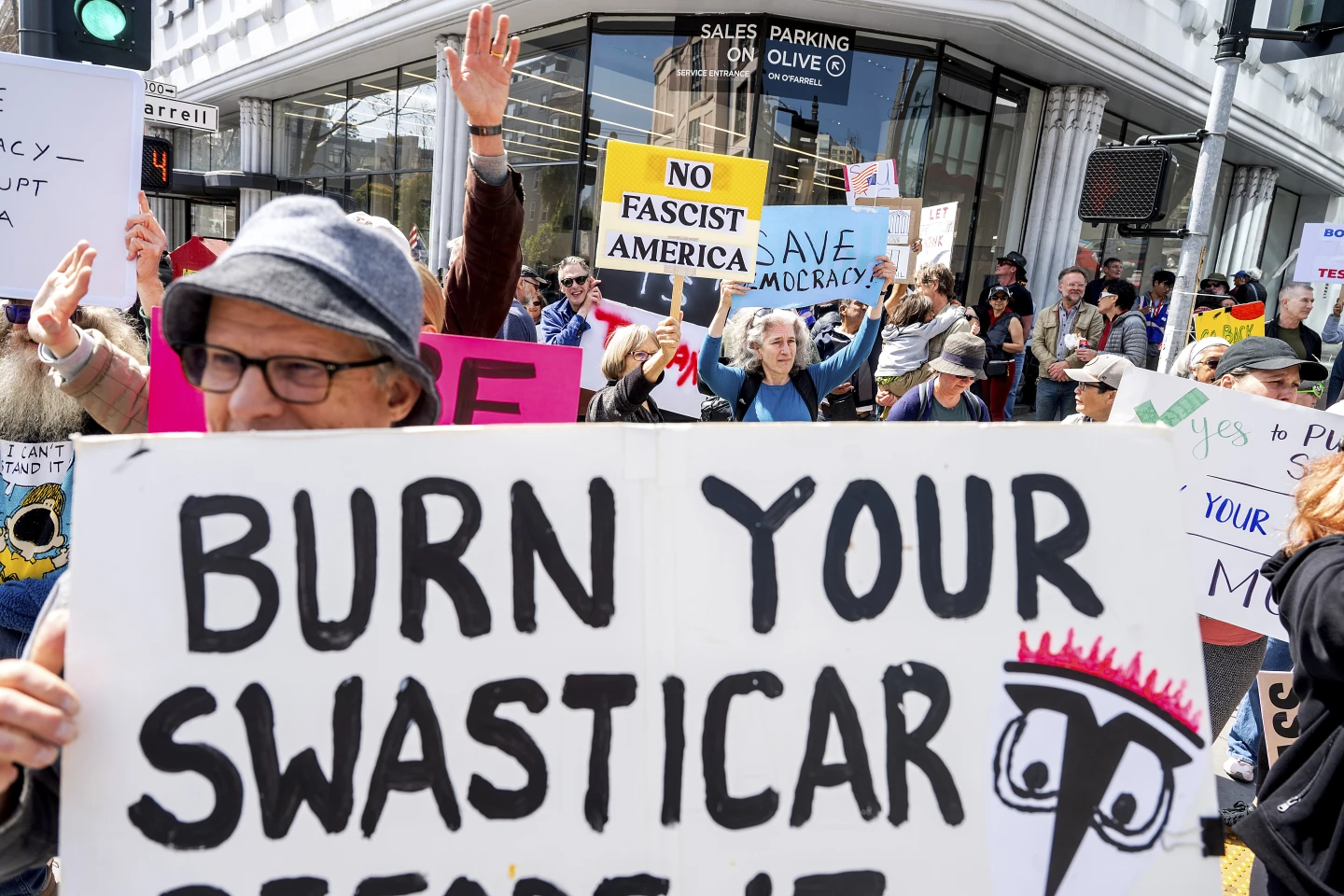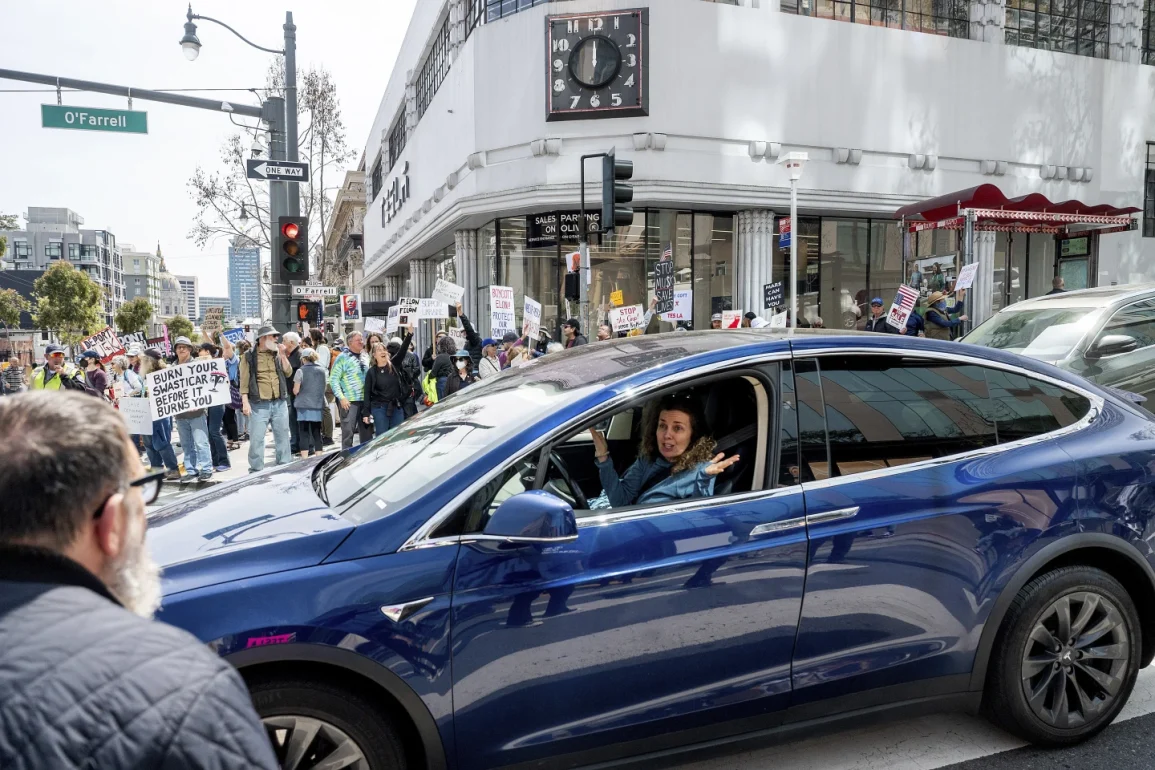Tesla showrooms, service centers, and vehicles have become targets of violent attacks across the U.S. and abroad. From Molotov cocktails to gunfire and arson, incidents of vandalism are rising, especially since Elon Musk’s elevation in Donald Trump’s second administration. Though no injuries have been reported, the financial and symbolic damage is mounting, with properties torched in cities like Seattle, Las Vegas, and Berlin.
Experts see Tesla as replacing Trump properties as symbolic targets for protest. With Musk heading the new Department of Government Efficiency under Trump, his company has become associated with the administration’s aggressive cost-cutting and controversial policies. Protesters have taken their anger toward Musk’s political affiliations to the streets — and now, to Tesla lots.
Several of the most aggressive attacks have occurred in left-leaning cities like Portland and Seattle. There, Cybertrucks have been torched, bullets fired into showroom windows, and graffiti like “resist” and “Nazi cars” left on buildings. These cities, historically known for political activism, have seen multiple repeat incidents in a matter of days.
Law enforcement is treating many of the attacks as potential acts of domestic extremism. Arrests in Colorado and South Carolina have led to the discovery of anti-government manifestos and links to broader ideological motives. Still, experts caution against overstating the trend, noting that left-wing violence typically targets property, not people.

Tesla’s Political Shift Alienates Progressives, Leaving Owners Defending Their Electric Vehicle Choices
Once a progressive icon due to its clean energy mission, Tesla has lost favor with the political left. Musk’s alignment with conservative causes, his purchase of Twitter (now X), and his financial support of Trump’s 2024 campaign have made the company a polarizing symbol. Critics see Tesla as no longer representing environmental progress but political partisanship.
Tesla owners have found themselves caught in the crossfire. Some have added bumper stickers distancing themselves from Musk’s politics, while others continue to support the brand, expressing frustration at being judged for their purchase. Car enthusiasts like Theresa Ramsdell emphasize that vandalism does nothing to change policy and only punishes ordinary people.
Federal Crackdown Intensifies as Tesla Vandalism Escalates Amid Political and Market Turmoil
The Trump administration has responded forcefully, with Attorney General Pam Bondi launching investigations into the coordination and funding behind the attacks. President Trump has branded the vandalism as “domestic terror” and promised harsh consequences. Officials aim to deter future acts by cracking down on perpetrators and possible organizers.
Despite the strong federal response, the situation remains volatile. Prices for used Teslas — especially Cybertrucks — have dropped, signaling waning market confidence. While Musk blames “left-wing billionaires” for organizing the attacks, progressive groups deny involvement in violence. As political divisions deepen, Tesla finds itself at the intersection of ideology, technology, and unrest.


